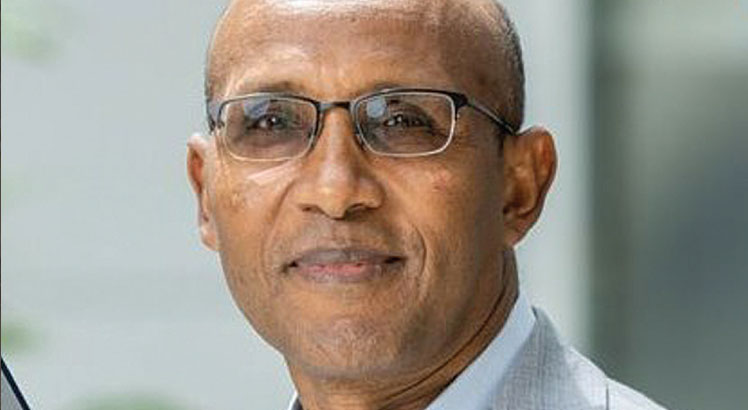Technology key to growth, job creation—World Bank
The World Bank says digital technologies present an opportunity for Malawi and other African economies to create productive jobs and boost economic growth.
In its latest edition of Digital Africa publication titled ‘Technological transformation for jobs, the Bretton Woods institution observes that digital divide continues to grow between large formal and micro-sized informal enterprises, young men and older and between rich and poor in Malawi, thereby affecting development.
According to the report, in Malawi, only 22 percent of the population use digital services despite being within Internet reach.
World Bank chief economist for Africa Andrew Dabalen is quoted in the statement accompanying the report as having described the minimal usage of Internet as a lost opportunity for inclusive growth.

“Closing the uptake gap would increase the continent’s potential to create jobs for its growing population and boost economic recovery in a highly digitalised world,” he said.
Commenting on the report, Employers Consultative Association of Malawi executive director George Khaki admitted that though technology has changed world of work, uptake remains minimal in most firms, especially small ones.
The World Bank has since called on Malawi to enhance policies that promote the use of digital technologies, especially affordable, attractive skill-appropriate technologies that support productive and inclusive jobs.
Reads the report: “Such policies must target all potential users’ ability to pay for these technologies as well as their willingness to productively use them.
“Policies that ensure the ability to pay should address Internet affordability, additional infrastructure availability, adequate data infrastructure, and availability of affordable complementary technologies.”
In its 2022 National Payment System Report, the Reserve Bank of Malawi also admitted that there is low uptake of some digital retail payment services.
The central bank said it will continue to design and implement measures to support the increased growth in terms of usage and confidence in retail digital financial services.
Malawi Communications Regulatory Authority director general Daudi Suleman earlier said the regulator is working on lowering cost of data by actively engaging providers and neigbouring countries, which carry Internet traffic for Malawi.
Meanwhile, Malawi through the National Planning Commission’s Malawi Digital Economy Strategy seeks to increase network access for Internet usage to 80 percent of the population from the current 13.8 percent.
In the strategy, the Malawi Government acknowledges that affordability is the largest barrier to uptake of Internet services, but access forms part of United Nation’s Sustainable Development Goals and is also in line with the Malawi 2063, the country’s long-term development strategy.
The Malawi 2022 Voluntary National Review Report for Sustainable Development Goals observes that although the proportion of individuals using the Internet has increased to 14.6 percent in 2020 from 13.8 percent in 2017, the pace of improvement is slow for Malawi to meet the goal’s target of 100 percent by 2030.
Besides, household and individual mobile phone ownership, which stood at 36.5 percent and 43.2 percent, respectively in 2020, remains lower than the average Southern African regional score.





